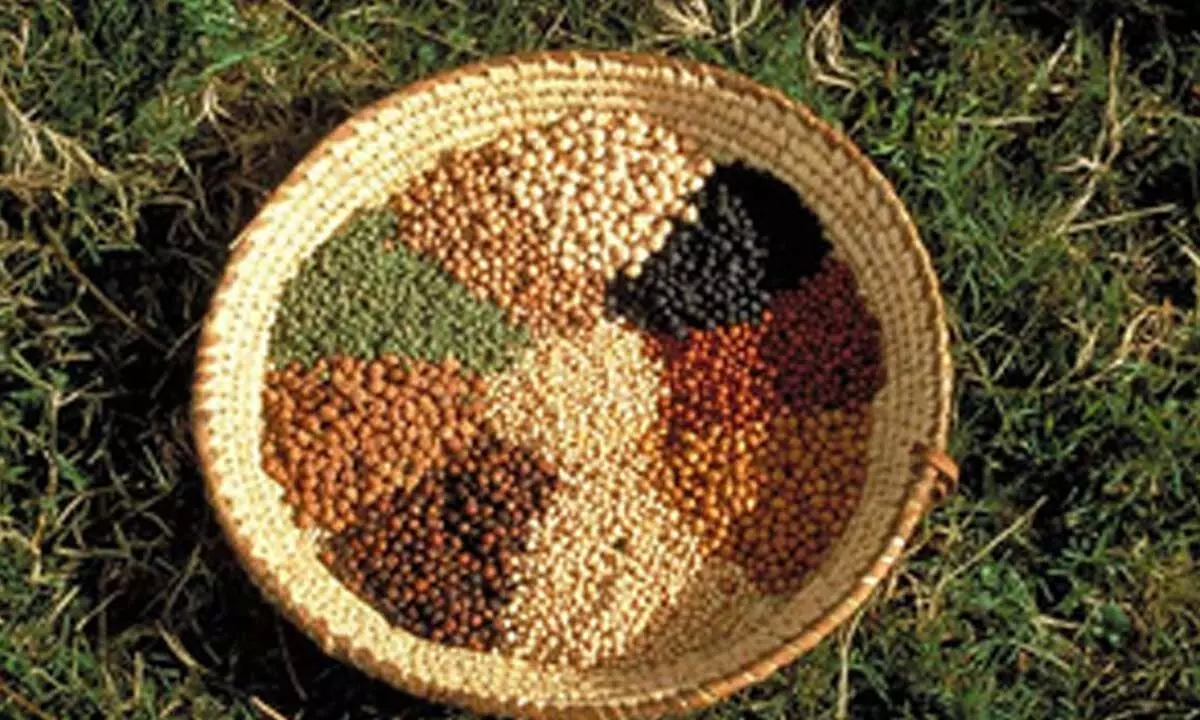Eating beans, peas, lentils, chickpeas may help you manage diabetes better
Share :

Finding it hard to manage your blood sugar levels? Pulses like beans, peas, lentils, and chickpeas can help manage your diabetes, according to a new review of studies on Friday.
New Delhi: Finding it hard to manage your blood sugar levels? Pulses like beans, peas, lentils, and chickpeas can help manage your diabetes, according to a new review of studies on Friday.
Pulses also have positive effects on important cardiovascular biomarkers, like low-density lipoprotein (LDL), also known as bad cholesterol, and high-density lipoprotein (HDL), also known as good cholesterol, revealed the study.
The review, based on 30 articles, contributes to the body of evidence supporting the need for future dietary guidelines and additional research on increasing pulse consumption within optimal dietary patterns.
The most frequently assessed study outcomes included changes in low-density lipoprotein cholesterol, high-density lipoprotein cholesterol, systolic blood pressure, diastolic blood pressure, fasting blood sugar, haemoglobin A1c, waist circumference, and C-reactive protein or high-sensitivity C-reactive protein.
The review, published in the journal Nutrients, points out the "potential role of pulses in maintaining health and preventing chronic disease", said Taylor C. Wallace, Adjunct Associate Professor in the School of Medicine at George Washington University, US.
It also plays a crucial role in "enhancing long-term health, particularly among individuals with chronic conditions like Type 2 diabetes mellitus and cardiovascular disease", Taylor added.
Further, the low-fat content and healthy mono- and polyunsaturated fats, along with essential micronutrients and bioactive compounds with antioxidant properties, further establish pulses as a nutritional powerhouse.
Pulses are also an excellent source of plant protein, rich in fibre, folate, and potassium. They also serve as a rich source of minerals like zinc, iron, calcium, and magnesium, and are therefore vital in diets that prioritise plant-based sources of nutrients.









